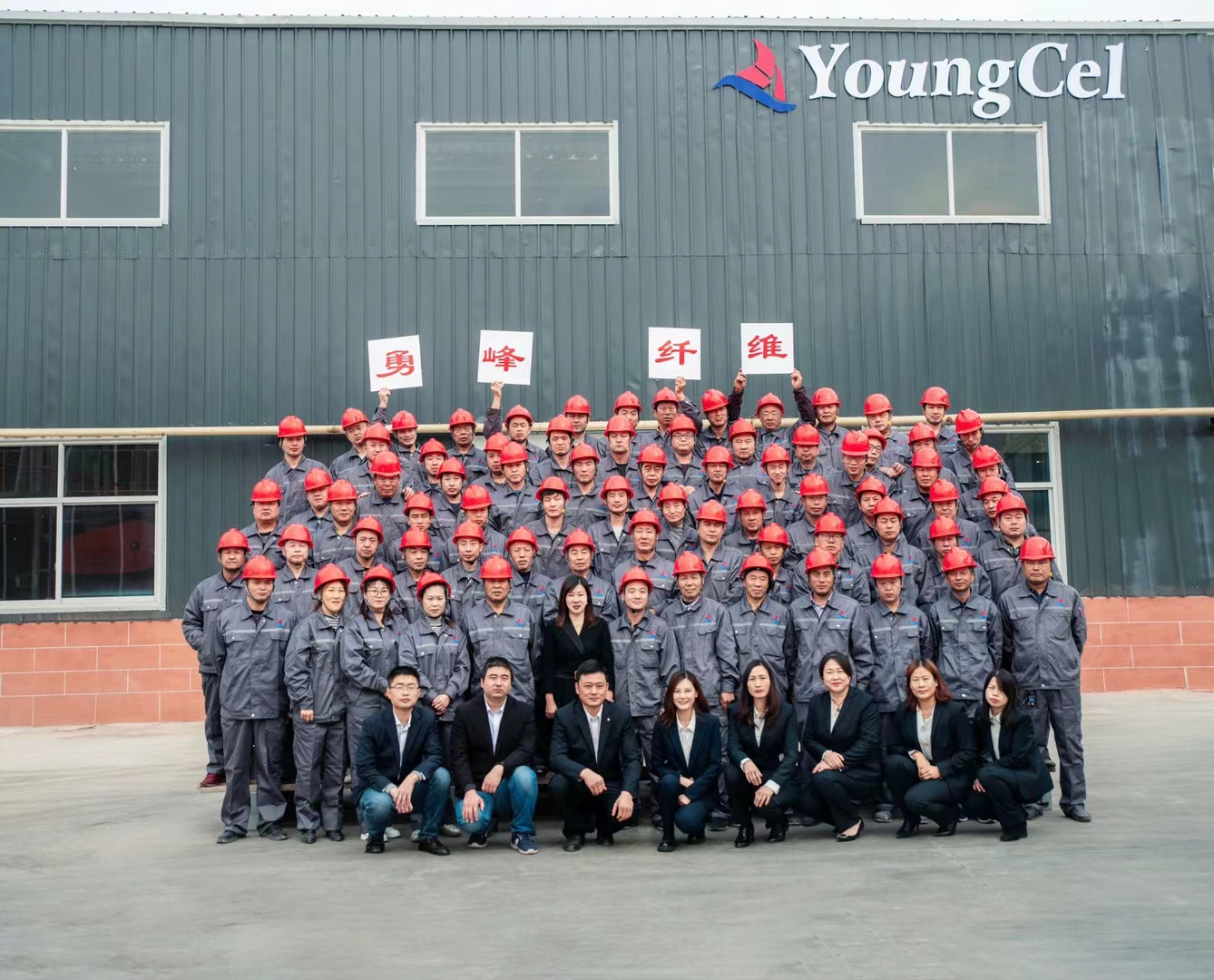The Role of HPMC in Tile Manufacturing A Comprehensive Overview
Hydroxypropyl Methylcellulose (HPMC) is an essential ingredient in the tile manufacturing industry, specifically in the production of ceramic tiles and adhesives. This synthetic polymer, derived from natural cellulose, offers a range of properties that enhance the performance and quality of tile products. As the construction and home improvement sectors grow, understanding the importance of HPMC for tile applications becomes increasingly essential.
What is HPMC?
HPMC is a non-ionic cellulose ether, characterized by its white or off-white powder form. It is soluble in water, forming a viscous gel that is stable and unaffected by pH changes. Due to its molecular structure, HPMC can modify the properties of cement, plaster, and various tile adhesives, making it a preferred choice in tile manufacturing.
The Benefits of HPMC in Tile Production
1. Enhanced Workability One of the primary benefits of HPMC in tile adhesives is its ability to increase workability. When added to tile adhesives, HPMC improves the mixture's consistency, making it easier for applicators to spread and adjust tiles during installation. This attribute is crucial for reducing installation time and increasing efficiency on job sites.
2. Water Retention HPMC has excellent water-retention properties, which is critical in tile installation. It prevents the rapid drying of the adhesive, ensuring that the tiles have sufficient time to bond with the substrate. This prolongs the working time, allowing for adjustments and repositioning of tiles. The efficient water retention also helps to improve the overall bond strength, resulting in durable tile installations.
3. Open Time The open time, or the duration during which the tile adhesive remains workable, is significantly enhanced with the addition of HPMC. A longer open time allows for flexibility during installation, enabling workers to place tiles accurately without the immediate pressure of setting. This feature helps reduce waste and improves overall job satisfaction for installers.
hpmc for tile

4. Improved Adhesion HPMC enhances the adhesion properties of tile adhesives, enabling stronger bonds between tiles and various substrates. This improved adhesion is crucial for both wall and floor tiles, particularly in areas exposed to moisture, such as bathrooms and kitchens. The resistance to delamination ensures a longer lifespan for the installed tiles.
5. Thixotropic Property One of the unique properties of HPMC is its thixotropic behavior. Under shear stress (when mixed or applied), HPMC becomes more fluid, allowing easy spreadability. However, once the shear force is removed, the material returns to a thicker state. This property prevents slippage of tiles after installation, ensuring they stay in place until fully set.
6. Compatibility with Other Materials HPMC is compatible with a wide range of materials, including various types of cements and other additives. This versatility allows manufacturers to formulate tile adhesives that meet specific performance criteria while allowing for customization based on application needs.
Conclusion
The use of Hydroxypropyl Methylcellulose (HPMC) in tile manufacturing and installation provides substantial benefits that enhance the overall quality and durability of tile products. Its unique properties, such as water retention, improved adhesion, extended open time, and enhanced workability, make HPMC indispensable in the tile industry. As construction techniques and materials continue to evolve, the role of HPMC will remain critical in meeting the demands for high-quality, efficient tile solutions.
In an era where sustainability and efficiency are of paramount importance, incorporating HPMC into tile manufacturing aligns with modern construction practices. Its ability to improve product performance while facilitating easier application contributes to the growing trend of using advanced materials in the building industry. As a result, contractors and homeowners alike can enjoy beautiful, lasting tile installations that stand up to the test of time.
In conclusion, HPMC is not just an additive; it is a game-changer in the tile manufacturing landscape. It enables the production of high-quality tiles and adhesives that meet the increasing expectations of durability and functionality in the modern world. As the market progresses, HPMC's role will undoubtedly expand, offering even more innovative solutions for tile applications.
-
Rdp Powder: Key Considerations for Wholesalers in the Building Materials IndustryNewsJul.08,2025
-
Key Considerations for Wholesalers: Navigating the World of Hpmc - Based ProductsNewsJul.08,2025
-
Hpmc Detergent: Key Considerations for WholesalersNewsJul.08,2025
-
Key Considerations for Wholesalers: China Hpmc For Tile Adhesive, Coating Additives, Concrete Additives, and MoreNewsJul.08,2025
-
Crucial Considerations for Wholesalers: Navigating the World of Construction MaterialsNewsJul.08,2025
-
Key Considerations for Wholesalers Sourcing Additive For Cement, Additive For Concrete, Additive For Putty from Additive Manufacturer Shijiazhuang Gaocheng District Yongfeng Cellulose Co., Ltd.NewsJul.08,2025




